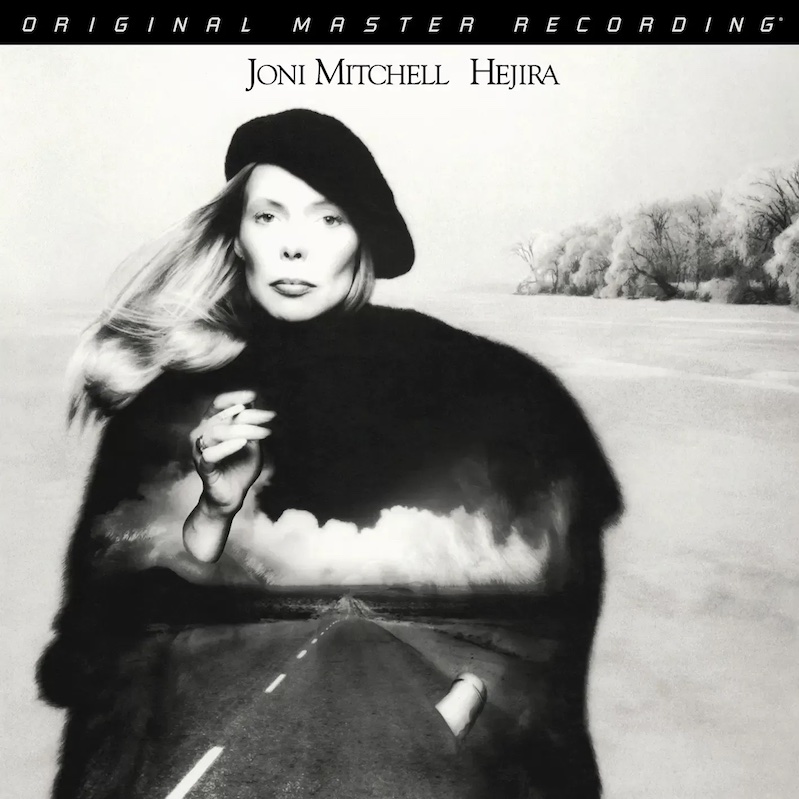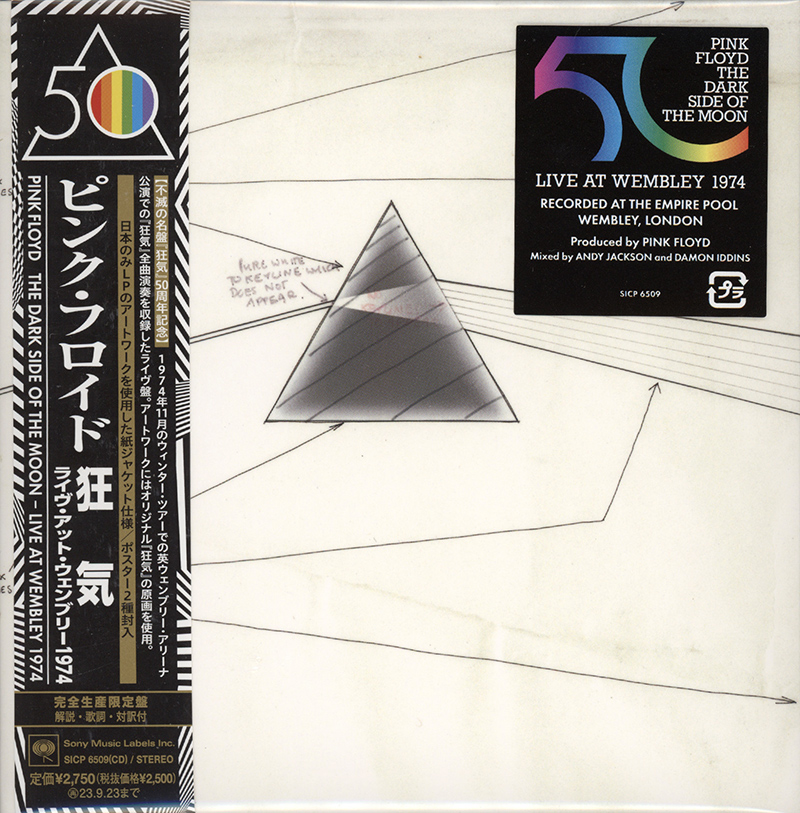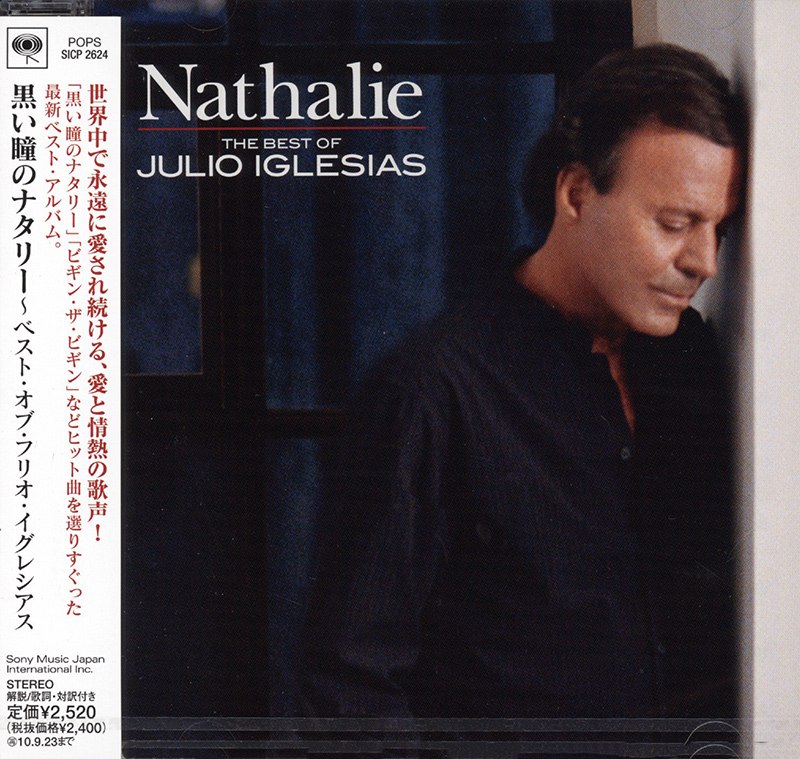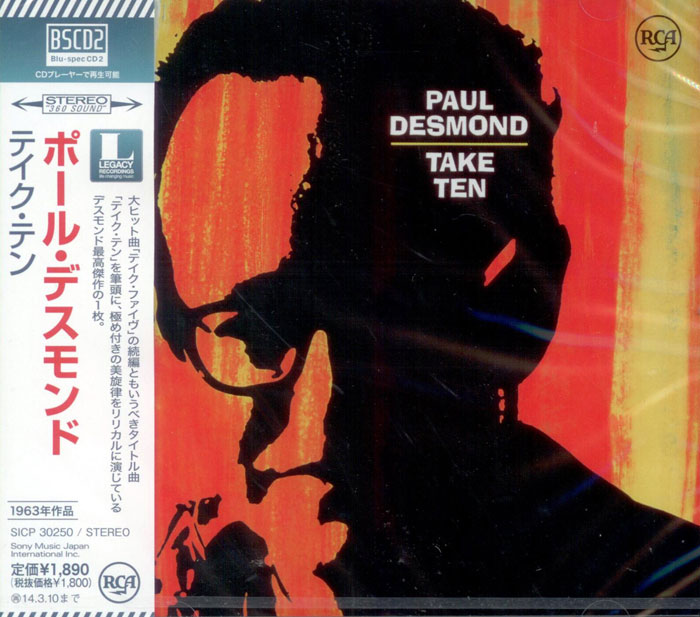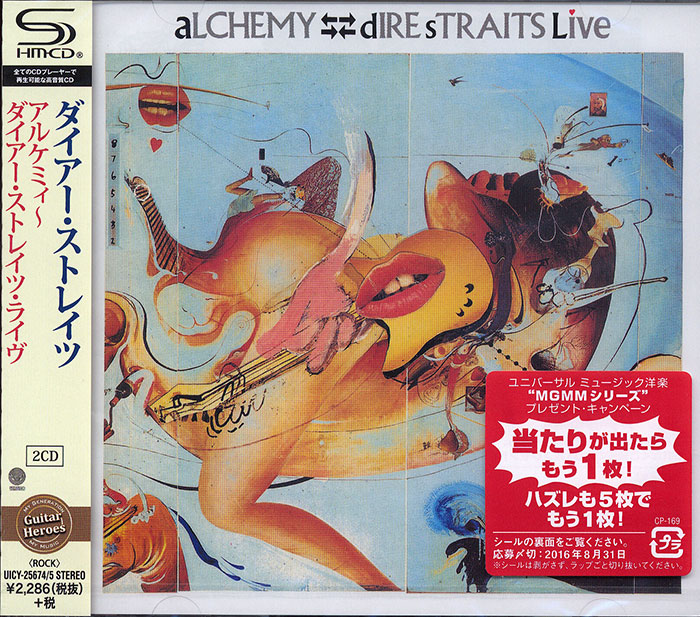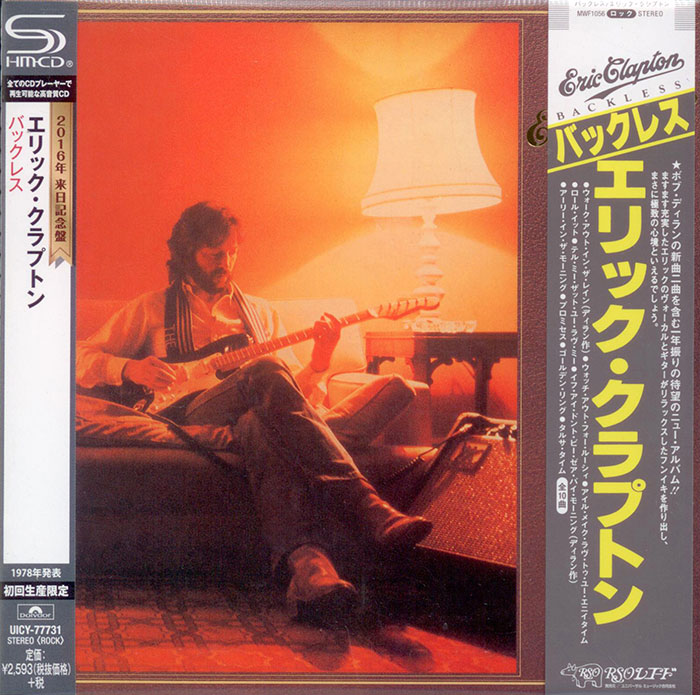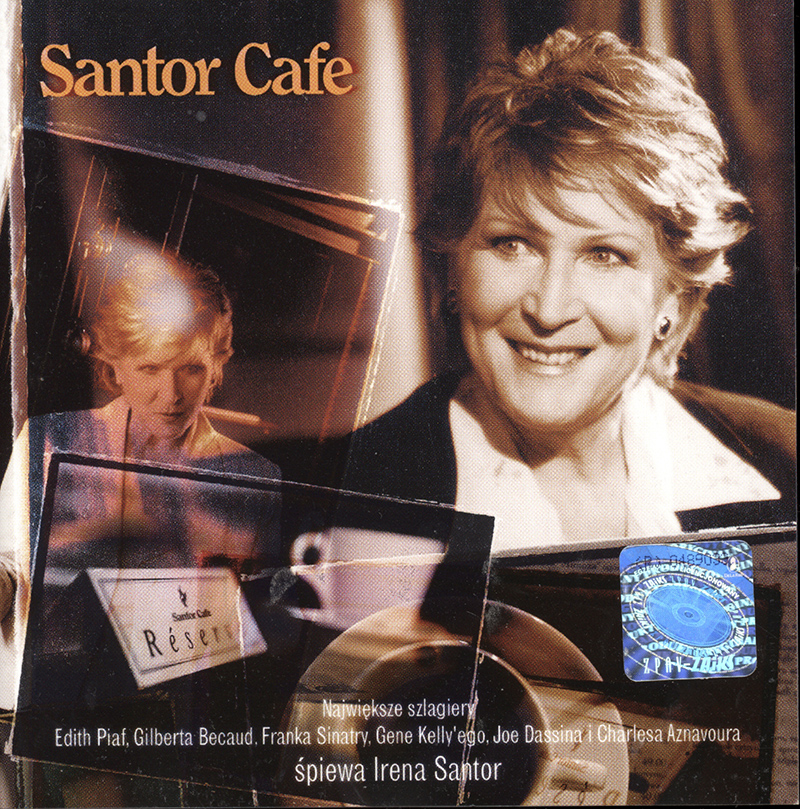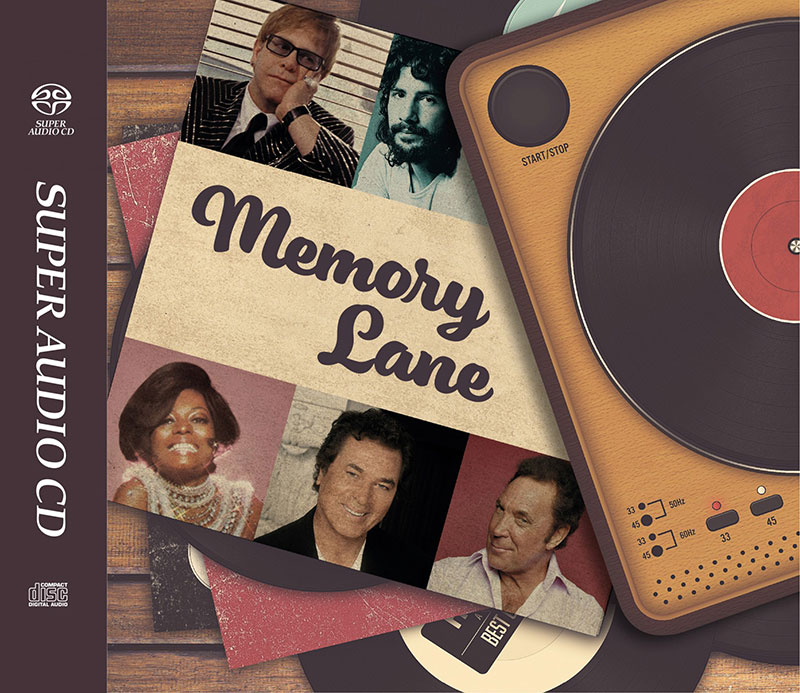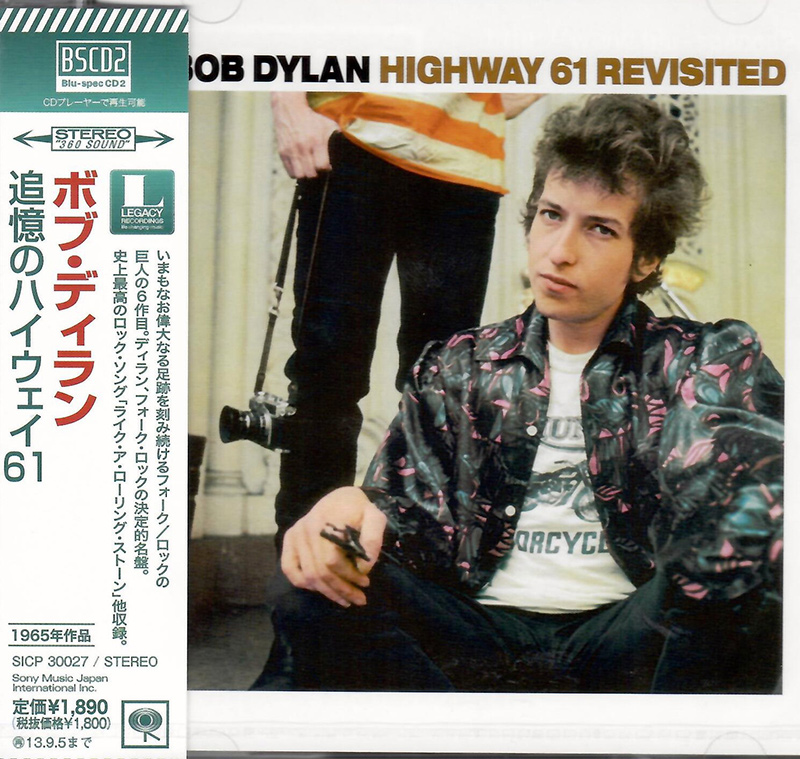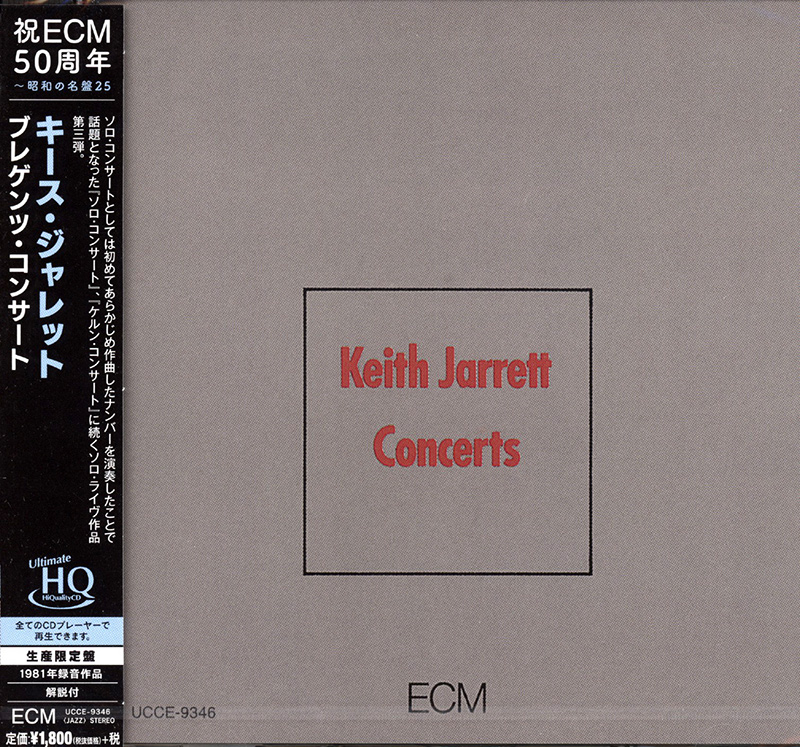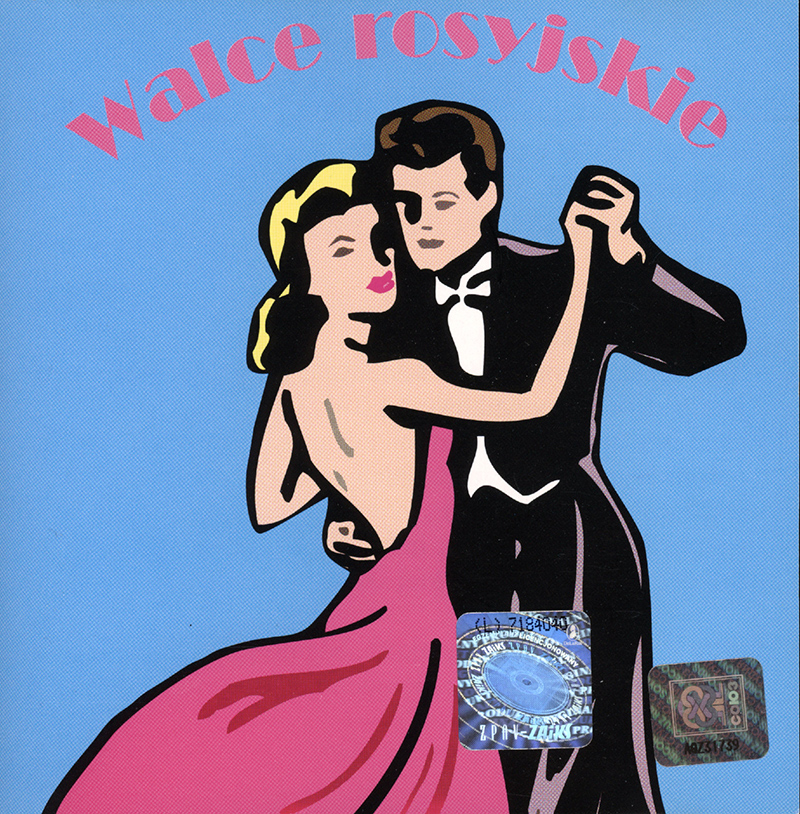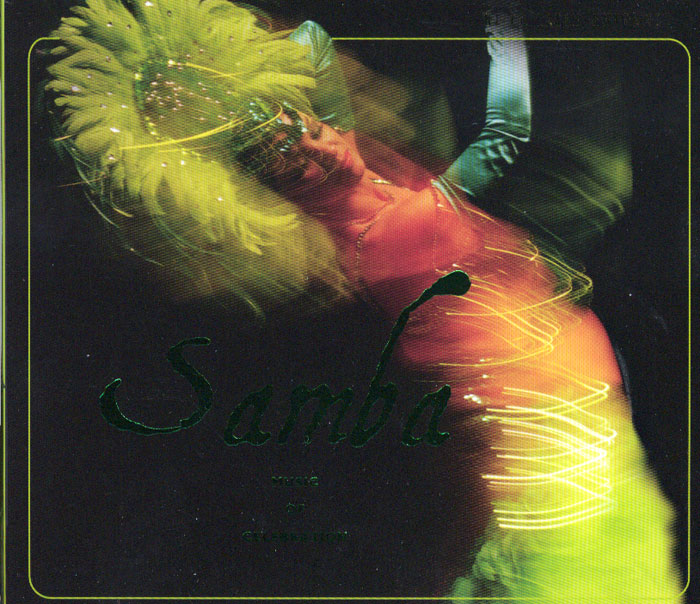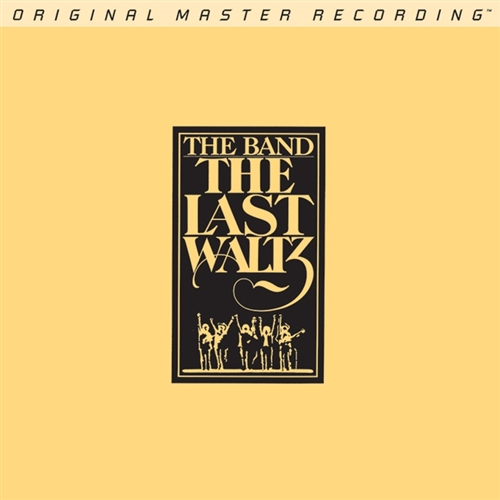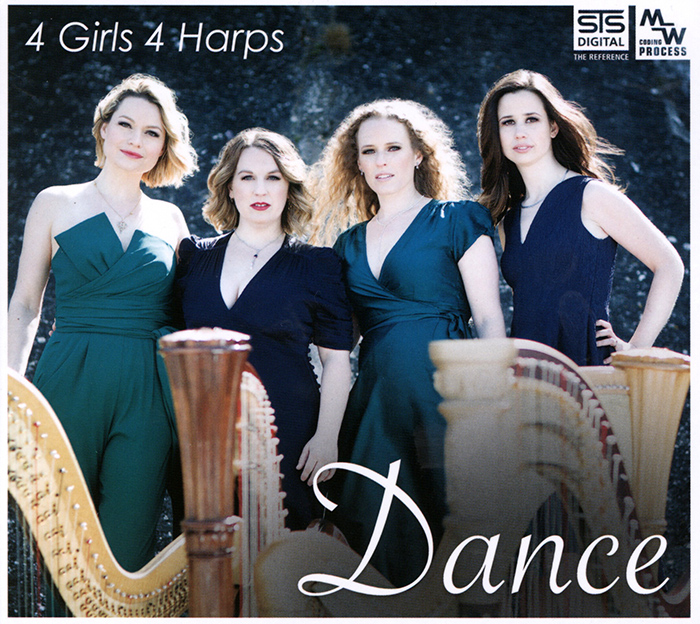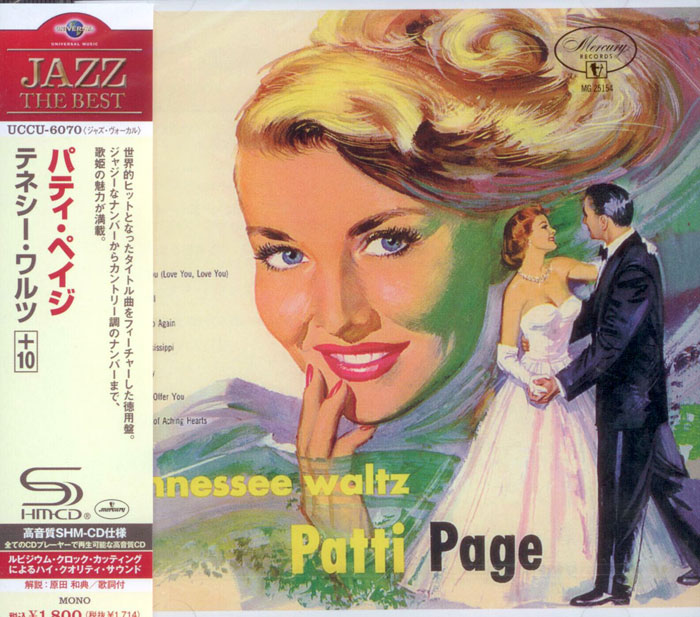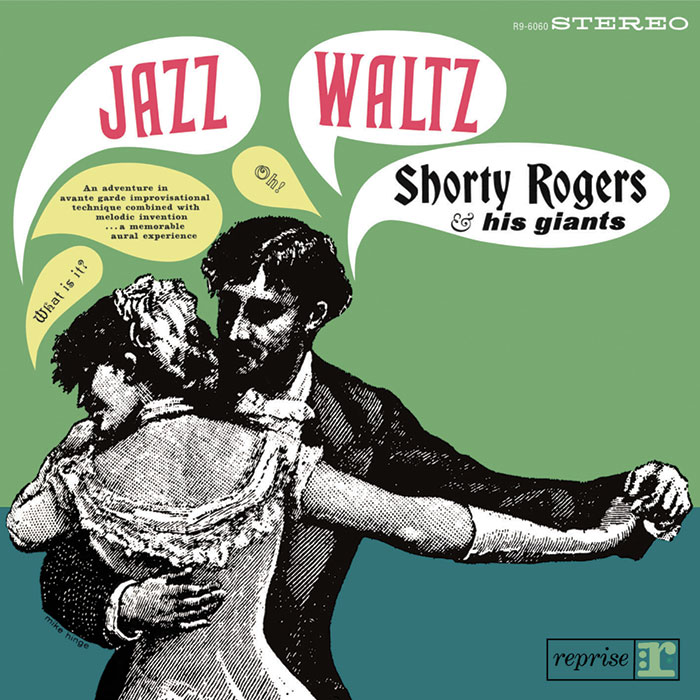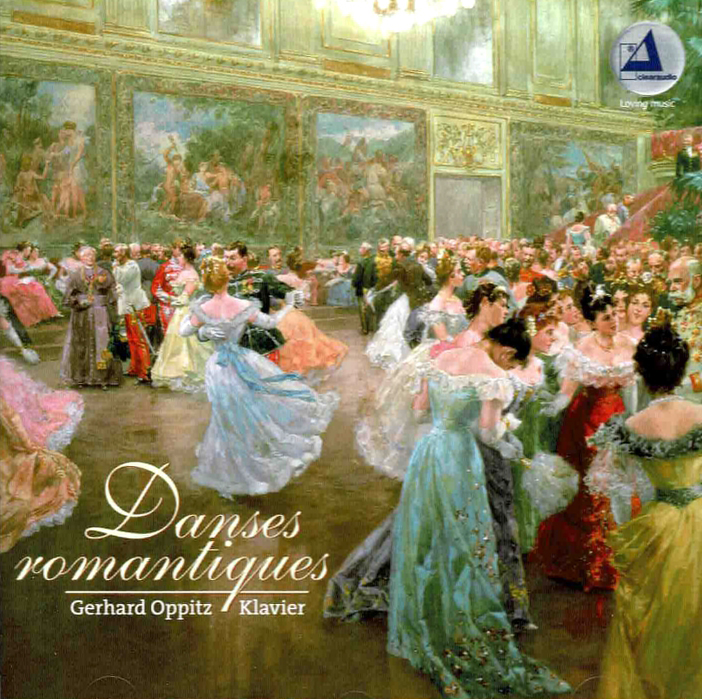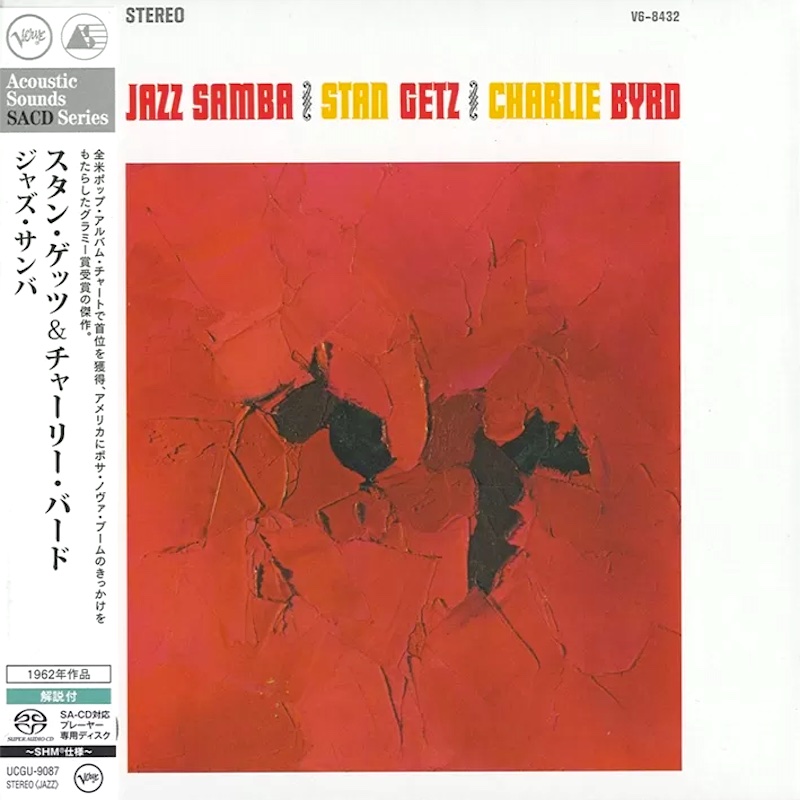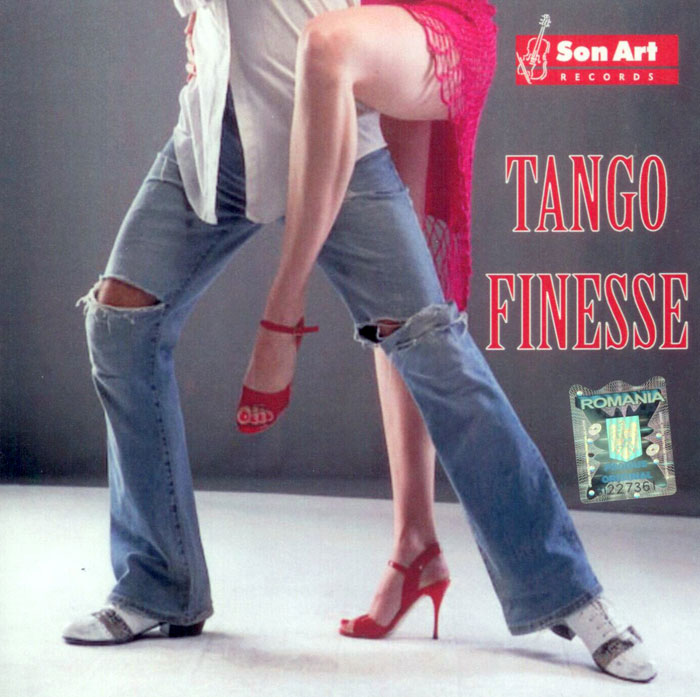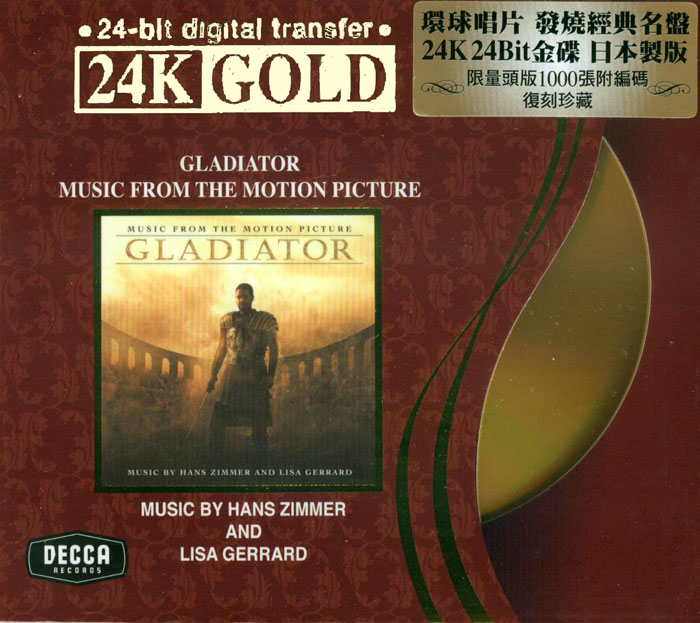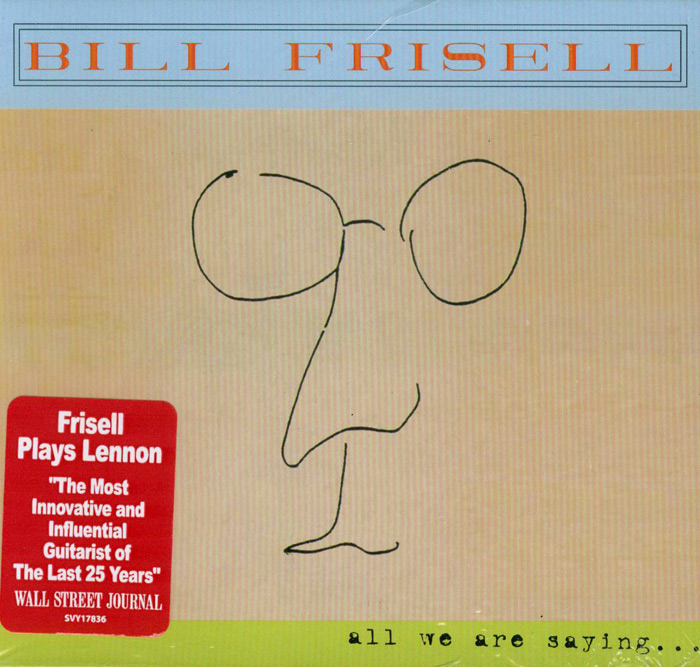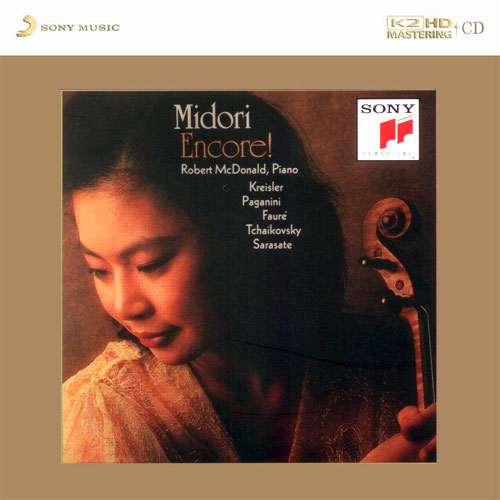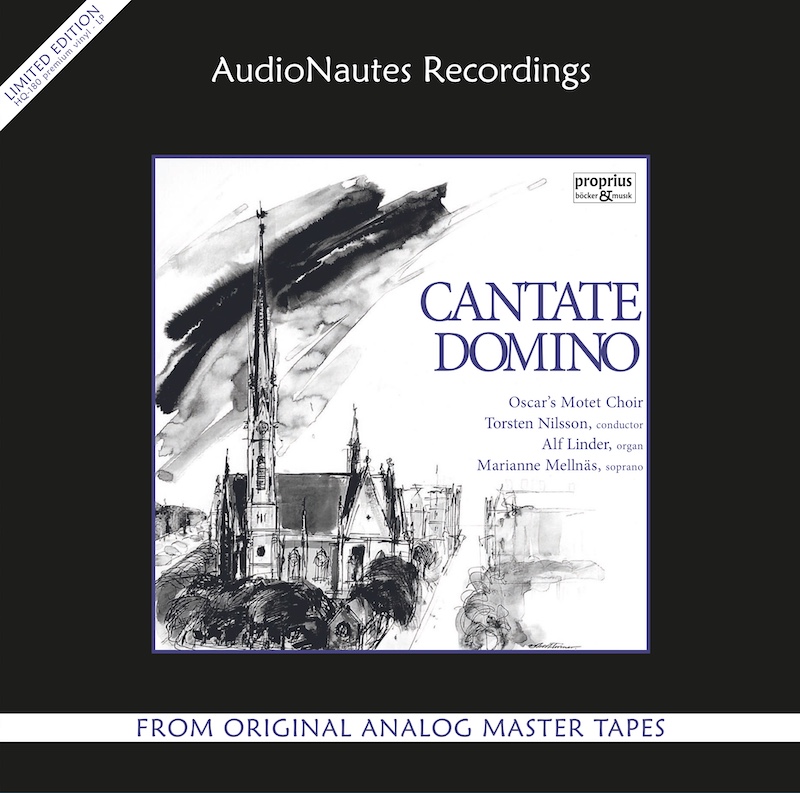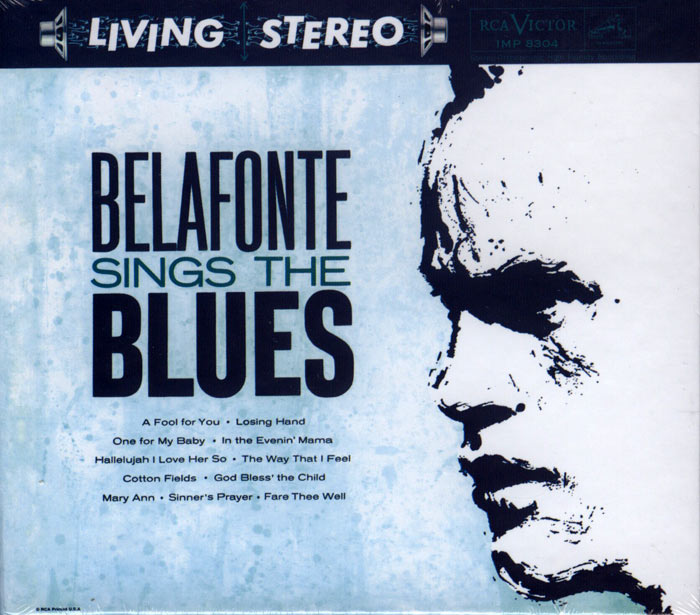Logowanie
Mikołaj - ten to ma gest!
Elton John, The Mamas & The Papas, Cat Stevens, Rod Stewart, Bobbie Gentry, Stevie Wonder, Engelbert Humperdinck
Memory Lane
Edycja Numerowana - 1000 egzemplarzy w skali światowej
RACHMANINOV, Eiji Oue, Minnesota Orchestra
Symphonic Dances / Vocalise
Best Recordings of 2001!!! NAJCZĘŚCIEJ KUPOWANA PŁYTA Z RR!
Karnawał czas zacząć!
Music of Love - Hi-Fi Latin Rhythms
Samba : Music of Celebration
AUDIOPHILE 24BIT RECORDING AND MASTERING
CHOPIN, LISZT, DEBUSSY, DVORAK, Gerhard Oppitz
Dances romantiques - A fantastic Notturno
Wzorcowa jakość audiofilska z Clearaudio
Winylowy niezbędnik
ClearAudio
Double Matrix Professional - Sonic
najbardziej inteligentna i skuteczna pralka do płyt winylowych wszelkiego typu - całkowicie automatyczna
Hans ZIMMER, Lisa Gerrard
Gladiator

>>> Płyta do odtworzenia w każdym typie czytnika CD i DVD. Warstwa nośna wykonana ze złota powoduje, że promień lasera ulega idealnemu wręcz odbiciu zapewniając - w odróżnieniu od płyt aluminiowych, a więc o strukturze gruboziarnistej - idealne odwzorowanie i odczytanie informacji. To gwarancja wielkiej prawdy i piękna dźwięku! <<<

>>> Płyta do odtworzenia w każdym typie czytnika CD i DVD. Warstwa nośna wykonana ze złota powoduje, że promień lasera ulega idealnemu wręcz odbiciu zapewniając - w odróżnieniu od płyt aluminiowych, a więc o strukturze gruboziarnistej - idealne odwzorowanie i odczytanie informacji. To gwarancja wielkiej prawdy i piękna dźwięku! <<<
- Hans ZIMMER
- Lisa Gerrard
Jedna z najbardziej spektakularnych ilustracji muzycznych współczesnego kina!
EGZEMPLARZE Z PARTII 501-599 “Hans Zimmer and Lisa Gerrard combine their talents in producing a unique score that hints of the familiar spanning several genres and ages of music. The listening experience ranges from refreshing to exhilarating and is well worth the investment.” Musicus Maximus https://www.tracksounds.com/reviews/gladiator.htm Review by Christopher Coleman Gladiator by Hans Zimmer Some would say the era of the great Roman-Empire films are long gone. Not since Ben Hur, Spartacus, or Quo Vodis, has there been an impacting film about the formidably complex Roman Empire. Director Ridley Scott, actor Russell Crowe, and composers Hans Zimmer and Lisa Gerrard have combined to bring the glory and passion of the Roman Empire back to the big screen. Already with a successful score for the animated feature film, The Road to El Dorado, where he collaborated with John Powell, Hans Zimmer, this time collaborating with Lisa Gerrard (The Insider), brings his unique talents to this “throw-back” film, Gladiator. The prospect of being able to write a score for a film filled with epic, bloodbaths, lovable, rough, good-guys and twisted, detestable villains, would make any composer lick their musical chops. With standards for such film scores being set by the likes of Miklos Rosza and Alex North, among others, measuring up to such a high level of quality while injecting one’s own unique signature is a difficult tight rope for any composer to walk. Han Zimmer has by most accounts taken a direction that has, to one degree or another, surprised his fans and critics alike. Most knew that a rehash of The Rock probably wasn’t going to fit the bill nor would a small ensemble orchestra a la As Good As it Gets for such a large scale, high impact film like this. The internet-release of a few promotional tracks, in April of 2000, helped to end the speculation. Ethereal, Clannad-like vocals and music that, at times, walks the line of Gustav Holst’s, highly influential, Mars: Bringer of War or Wagner, make their mark upon this score while Zimmer makes sure some of his more familiar elements are worked in as well. The militaristic percussions, strings, and brass accents found in such Zimmer favorites such as Crimson Tide and the aforementioned score for The Rock, rage in a battle all of their own with the classic Holst stylings making for an intriguing musical experience- well exemplified in The Battle, Barbarian Horde (track 3, 15). This release is comprised of several suites of music, comprised of two to seven tracks each. The suites, many times, make transitions at a very low volume level and are difficult to hear if one isn't listening very closely. Still, the individual pieces are assigned respective track numbers. Suite one, composed of tracks 1-3 begin the film and CD alike. The suite begins with the mystical Progeny, continues with co-writer, Lisa Gerrard’s vocalized piece,The Wheat, and concludes with the fierce and heroic piece of The Battle. Track 3 makes up the majority of the suite lasting some ten minutes and truly demonstrates the range of Zimmer as he lets loose with all of his musical fury. The track ebbs and flows from heroic, full orchestral explosions to simple echoing trumpet, to whirling strings. Fans of the Zimmer's familiar bold, sometimes brash music certainly have plenty to love here, while each will likewise find subtle and not so subtle complexities in his music. Collaborator, Lisa Gerrard is not a complete unknown when it comes to film music. She composed the Golden Globe Nominated score for The Insider and also worked with composer Graeme Revell on the rejected score for The 13th Warrior. Lisa Gerrard’s contributions to this score lay along the lines of the more mellow, melancholy, or even magicale as found in The Wheat, Sorrow, Reunion, Elysium. Her voice is soothing with a Middle-Eastern-chant flavor. This same taste can be found in To Zucchabar where Hans Zimmer collaborates with Djivan Gasparyan, only this time Lisa Gerrard’s voice is replaced by the exotic Duduk, played by Gasparyan. Lisa Gerrard's touch compliments the "other worldly" elements that Ridley Scott incoporates into the film. The intruiging photography, time lapse, and slow motion effects, provide a contemporary shot in the film's arm. Those scenes which depict the Roman after-life, Elysium, are greatly enhanced by Gerrard's heavenly voice. Yet another mini-suite is made up of tracks 8 and 9, The Emperor is Dead and The Might of Rome. The bulk of which comes from Hans Zimmer once again in the ninth track. This is only followed by another four tracks that flow seamlessly one to another. Tracks 10 through 17 provide a wide range of emotion, force, and style, concluding with one of the best tracks of the entire release- Am I Not Merciful. Hans Zimmer and Lisa Gerrard combine their talents in producing a unique score that hints of the familiar spanning several genres and ages of music. The listening experience ranges from refreshing to exhilarating and is well worth the investment. If there is a failing with this release, it is that it did not go the double-CD route that both Zimmer and Gerrard had hoped for. The music is certainly deserving of a more complete release. With any luck Hans Zimmer and Lisa Gerrard will, at the very least, receive several prominent award nominations for their musical labors. Rating: 9/10
